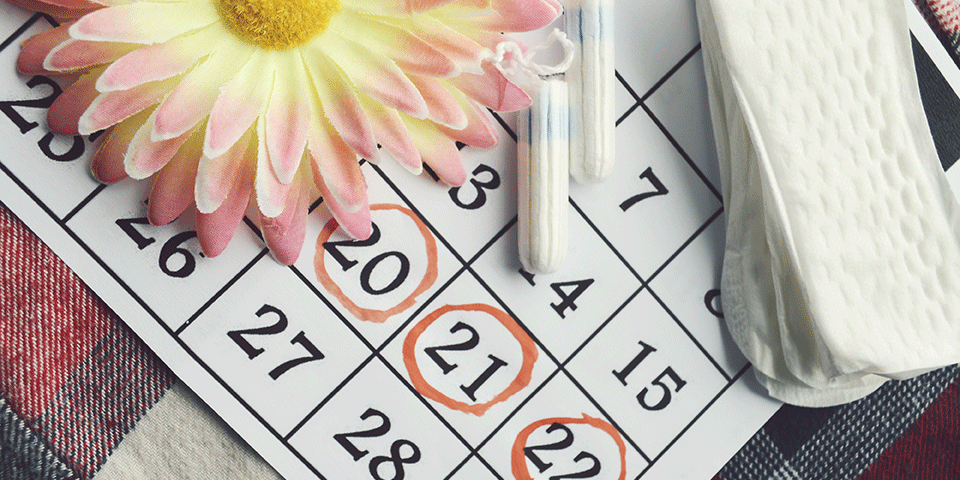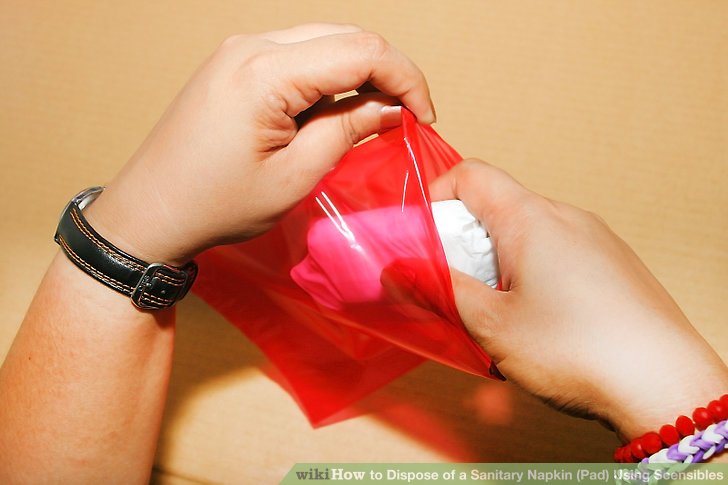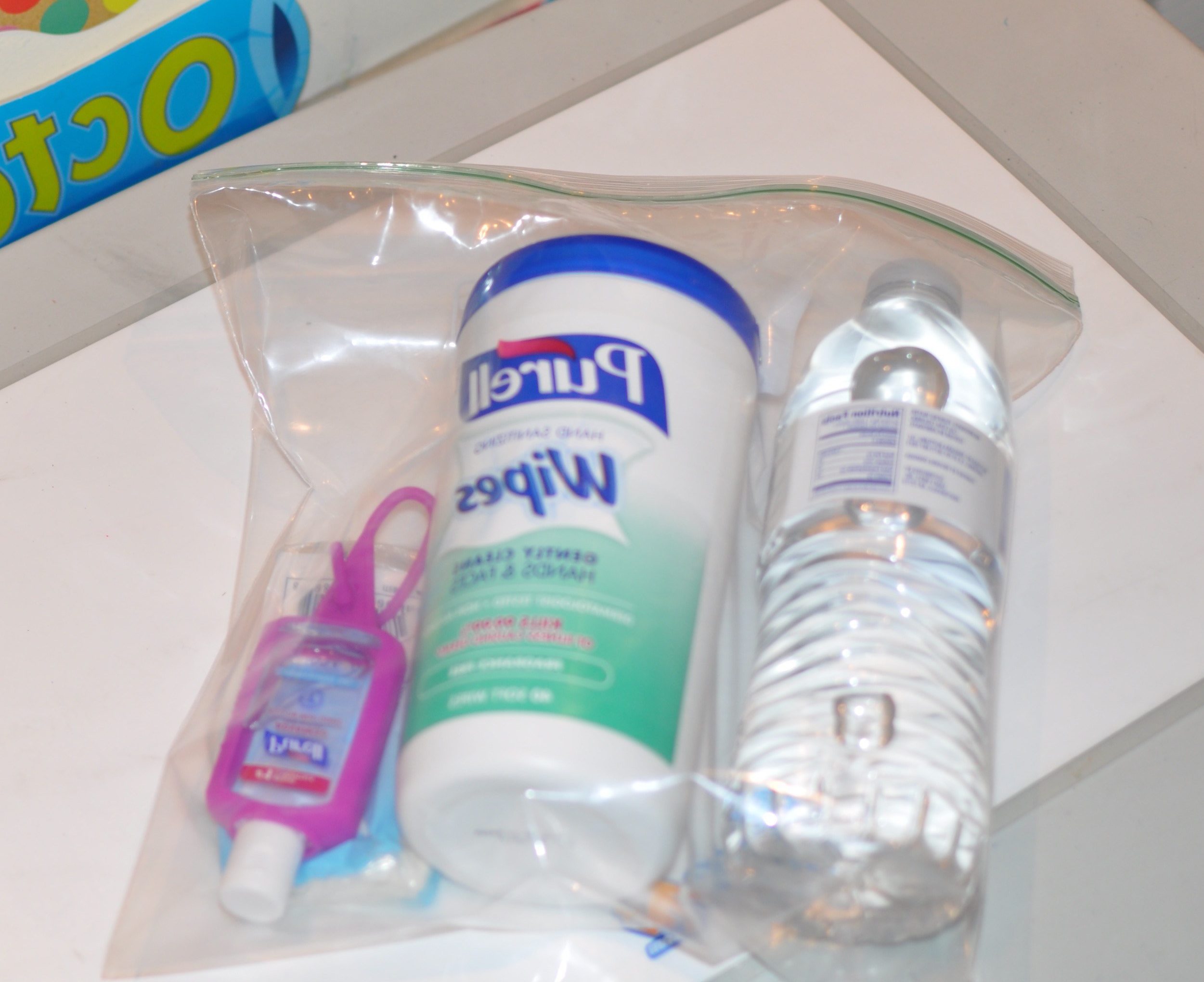The process of menstruation is sometimes shrouded in mystery and super hush hush, and so many girls don’t get to ask enough questions and get the right information to figure out what practices are hygienic or not. Believe it or not, not all girls have access to menstrual products such as pads and so they end up using cloth napkins which can be unpleasant.
Here are some tips to maintain hygiene during your periods, some of which you may not know about:
1. Choose your method of sanitation
The best tip here is to try and use one brand for one type of protection for a while to know if it helps your needs (e.g if your flow is heavy) Frequent switching between brands can make you uncomfortable since each brand is as unique as you, and they suit everyone differently.

2. Wash yourself regularly
When you menstruate, the blood tends to enter tiny spaces like the skin between your labia or crust around the opening of the vagina and you should always wash this excess blood away. Doing this also helps to reduce bad odour from the vaginal region. So, it is important to wash your vagina and labia (the projecting part of female genitals) well before you change into a new pad. If you cannot wash yourself before you change make sure to wipe off the areas using wet wipes.
3. Use the right washing technique
Always wash or clean the area in a motion that is from the vagina to the anus i.e front to back. Never wash in the opposite direction. Washing in the opposite direction can cause bacteria from the anus to lodge in the vagina and urethral opening, leading to infections.
4. Change regularly
Menstrual blood – once it has left the body – gets contaminated with the body’s organisms. This rule applies for even those days when you don’t have much bleeding, since your pad is still damp and will have organisms from your vagina, sweat from your genitals, etc. When these organisms remain in a warm and moist place for a long time they tend to multiply and can lead to conditions like urinary tract infection, vaginal infections and skin rashes.
Ideally a sanitary pad should be changed every six to eight hours. That being said, you have to customize the changing schedule to your needs. While some women might have a heavy flow and would need to change more often, others will need to change less frequently. There are a few instances where your sanitary napkin – usually on days when you have a lesser flow – but you must change at regular intervals.

5. Discard your used sanitary product properly
It is essential to discard your used sanitary pads properly because they are capable of spreading infections,and can smell really bad. Wrapping it well before discarding it ensures that the smell and infection is contained. It is advised not to flush the pad down the toilet since they are capable of forming a block and can cause the toilet to back up. More importantly it is imperative that you wash your hands well after you discard your used napkin since you are likely to touch the used portion of the pad while discarding it.

6. Don’t use soaps or vaginal hygiene products
The vagina has its own cleaning mechanism that works in a very fine balance of good and bad bacteria. Washing it with soap can kill the good bacteria making way for infections. So, while it is important to wash yourself regularly during this time, all you need to use is some warm water. You can use soap on the external parts but do not use it inside your vagina or vulva.
7. Use only one method of sanitation at a time
Some women who have heavy flow during their periods tend to use either
- two sanitary pads,
- a tampon and sanitary pad
- sanitary pad along with a piece of cloth. This might seem like a good idea, but it actually is not, changing regularly is a better option.
Using two pads or a tampon and a sanitary pad is bad because the two pads absorb the blood and you don’t see that they are completely used up you are unlikely to change at regular and healthy intervals. This can lead to rashes, infections. Another consideration is that if one does use a piece of cloth as extra protection that cloth may not be the cleanest thing to put next to your private parts. Lastly, the whole two pad structure is extremely uncomfortable and can leave you with a bad rash.
8. Be ready with on-the-go stuff during your periods
When you have your periods it is important to be ready. Have extra sanitary pads properly stored in a clean pouch or paper bag, a soft towel, some paper tissues or towels, wet wipes, hand sanitizer, a healthy snack, bottle of drinking water.

Changing your pads regularly is essential, so you will need extra. More importantly storing them properly so that they don’t get contaminated is as important as changing. Pads that remain in your bag without a clean pouch to protect it can also lead to infections like UTI (urinary tract infection) or vaginal infections. The soft towel can be used to wipe your hands or face if you wash them. Paper towels are the important to wipe off the excess water after you wash your private parts. It is best you don’t use toilet paper for this as it tends to shred and tear when it touches water. Your hand sanitizer is a very important factor here. You will need it to clean your hands and you can use it to clean the flush knob and tap faucet as well. The snack is a backup in case you feel weak or run down during the day and the bottle of water is to help you stay hydrated throughout the day.







